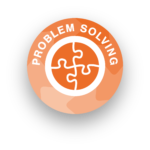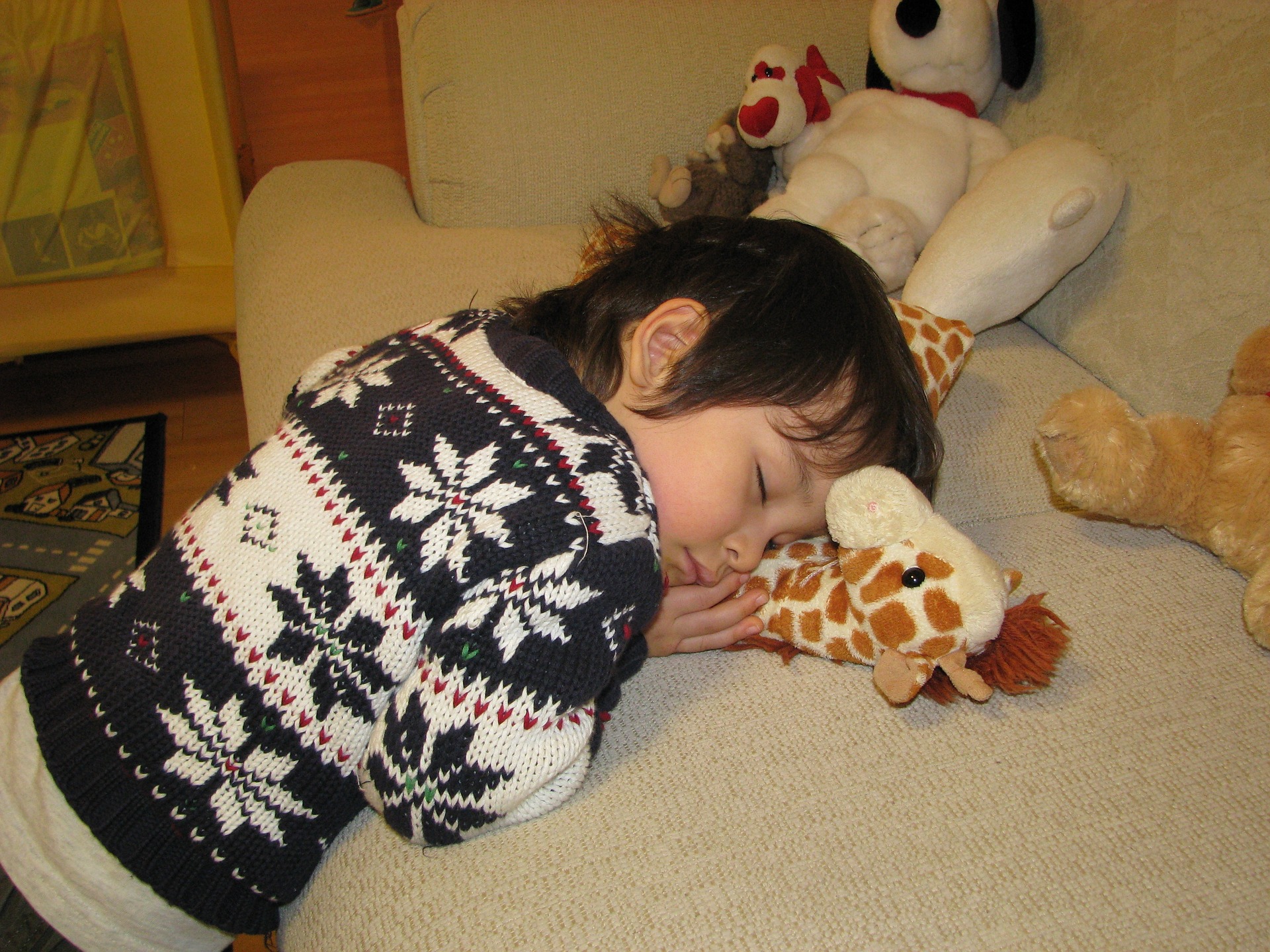Tried and Tested Tips from the ‘Parenting High Potential’ Group
Potential Plus UK has a very active Facebook group for parents and carers of ‘HLP’ (high learning potential) children. The topic of sleep disturbance comes up frequently and members are very honest about how tough this can be. Here are some of the fantastic ideas, insights and experiences shared between HLP parents and guardians:
All sorts of children are familiar to the Facebook group. Children who:
- find going to sleep very hard and it takes a couple of hours
- fall asleep easily but never sleep through the night
- wake up ‘over-active’ in the night either wanting to play, chat, or feeling anxious
- tend to be exhausted and moody in the daytime
- can’t sleep until at least 10pm; generally approaching midnight in the Winter and in the Summer even reaching 2am
- find their HLP thinking keeps them awake with topics that don’t bother other children their age
Possible Solutions – Approaches
What do other HLP parents suggest?
- Change the emphasis from sleep to quiet time in bed to break the stress circle. Don’t develop an association between bed and not being able to sleep
- When they are old enough, let them read or do jigsaw puzzles when they get up early
- Don’t allow screen time, technology – or sometimes even books – anywhere near bedtime
- If they want to sleep on the floor, make bed nests or wear random clothes – let them!
- Try Yoga, breathing/meditation and relaxation techniques
- Play sports during the day so that they are physically tired
- Consult with your GP, school nurse and/or CAMHS (Child & Adolescent Mental Health Services)
- Sing a song with nice words – pleasant tunes and words can become earworms that overwrite anxious/overimaginative/overactive thinking
- Read a gentle poem to help stop the over-thinking
- Experiment with sending them to bed an hour or more later than normal
- Help them find ways to switch off in the daytime as well as at night
- Consider Mindfulness meditation or grounding techniques such as “54321”
- Protect HLP youngsters from their own imaginary world! Don’t allow scary books and films, especially those aimed at older children.
- Have a routine
- Cuddle up, talk about any worries, do relaxing breathing together
- Spend time building their resilience
- Sometimes allow the dog or cat in overnight for company
- Look into separation anxiety
- Try pottering about in a room next door or going up 5 minutes after they are in bed, then extending gaps between visits to 10 minutes, then 15 minutes etc
- Between a clear bedtime and getting up time, there should be a rule of no disturbing others or engaging in conversation.
Possible Solutions – Products
- Audio CDs or downloads of suitable stories, classical music, relaxation techniques or sounds of nature such as birdsong or gentle waves
- Anxiety “toys” and chewables
- A solid bath and bed routine
- A simple massage – maybe with a suitable aromatherapy cream
- Stephen Fry reading the Harry Potter audiobooks on permanent repeat as no more than a murmur in the background.
- HeadSpace meditations
- Christiane Kerr’s series of CD meditations for kids
- Try a red light bulb or feature lamp; there is some evidence that light at the red end of the spectrum is better at night for your body clock
- Gadgets like Dodow
- A baby monitor even in a teenager’s room can offer reassurance
- A favourite past baby toy or sleep aid
- Together read “Starving the Anxiety Gremlin” by Kate Collins-Donnelly
- Together spend quality time on a CBT-based workbook such as “What to do when you Dread your Bed” by Dawn Huebner
- Weighted blankets! These can be made to order and have been life changing for some families
- A dim nightlight even in an adjacent room
- Remove ticking clocks
- Add the repetitive noise of a fan added to their room, possibly on a timer
- Let them wear a sleep tracker to check if they are awake as much as they think.
Possible Solutions – Therapeutic
- Talk with a therapist, appropriate charity helpline, NHS professional or try private sessions with a clinical psychologist
- Ask a GP if they can prescribe Melatonin to help with falling asleep
- Try Bach Flower Remedies such as the Rescue Remedy™
- Practice Rhythmic Movement Training, RMTi, to deal with retained reflexes
- Acupuncture
- Reiki, spiritual healing or another spiritual approach.
Sensory Processing Disorder (SPD) / Special Educational Needs (SEN)
- Help them focus on 5 relaxing things that they can touch, feel, smell, hear and taste
- Ensure the sleep environment is calming to all senses
- Investigate whether a special photo or something that smells of you in the bed comforts them
- HLP imagination can be very vivid, especially when combined with their unusual world knowledge, however the brain’s logical reasoning processes are still in early development in a young child so they may need extra help to ‘get a grip on reality’
- Keep the SPD in check during the daytime by low arousal, yet offer enough stimulation to keep the brain focused on the ‘right’ things
- Get a full health assessment for HLP, SPD, ADHD, Autism Spectrum Disorder or any other special educational needs or disabilities.
Further Resources
Potential Plus UK has a wealth of excellent articles and blogs about related topics such as:
- Sleep deprivation in HLP parents and carers (https://potentialplusuk.org/index.php/2019/06/18/hlp-parenting-sleep-deprivation-in-parents/)
- Understanding what you are dealing with (https://potentialplusuk.org/index.php/2019/03/19/hlp-parenting-understand-your-challenges/)
- and the humorous but horribly true HLP Diaries entry, Sleep Deprivation Unit (https://potentialplusuk.org/index.php/2018/08/08/the-hlp-diariessleep-deprivation-unit/)
There is also a series of advice sheets to download that are free to members or a small fee for non-members including:
PA605 – Sleep and High Learning Potential Children (https://potentialplusuk.org/index.php/product/pa605-sleep-high-learning-potential-children/).










